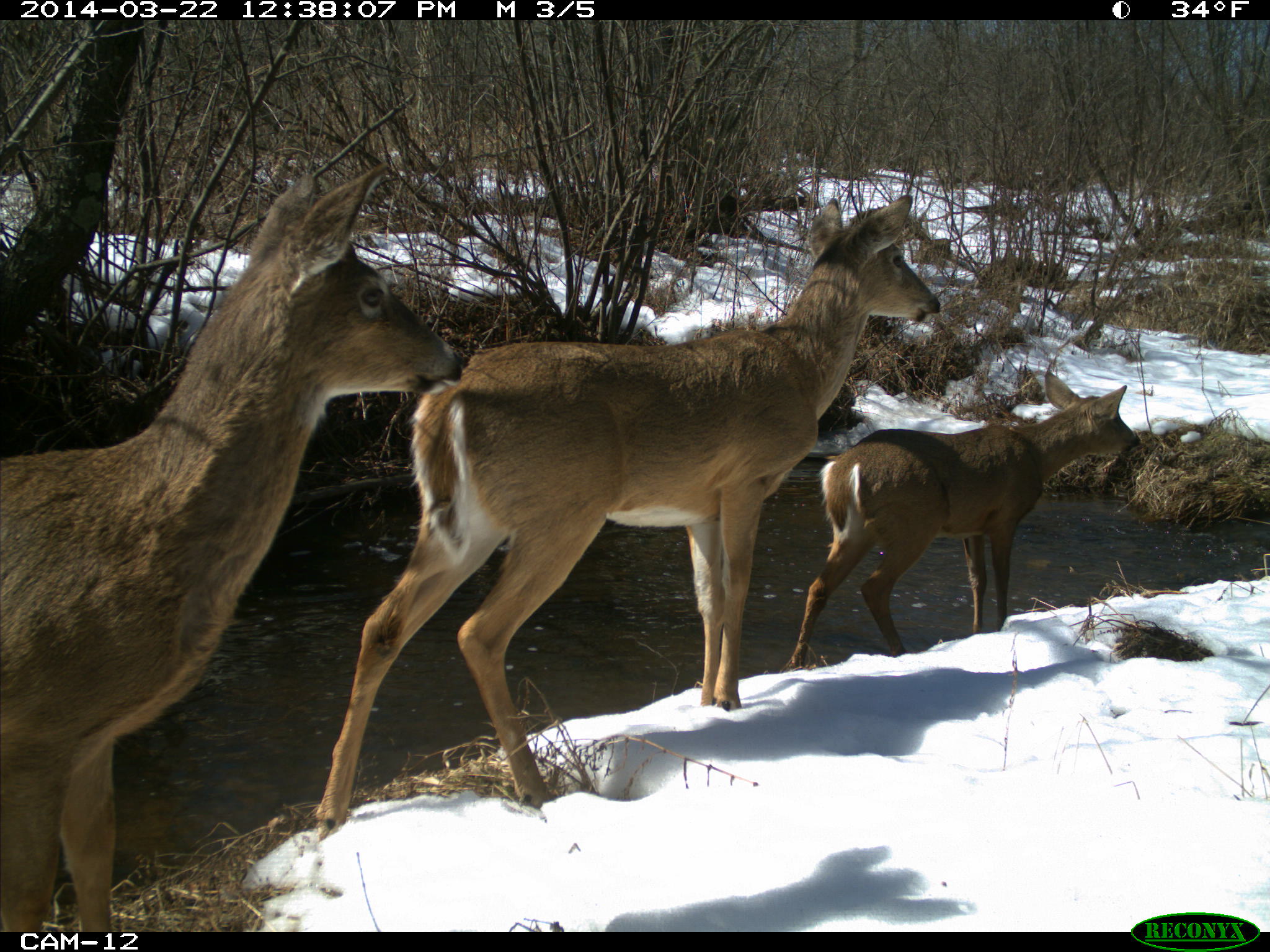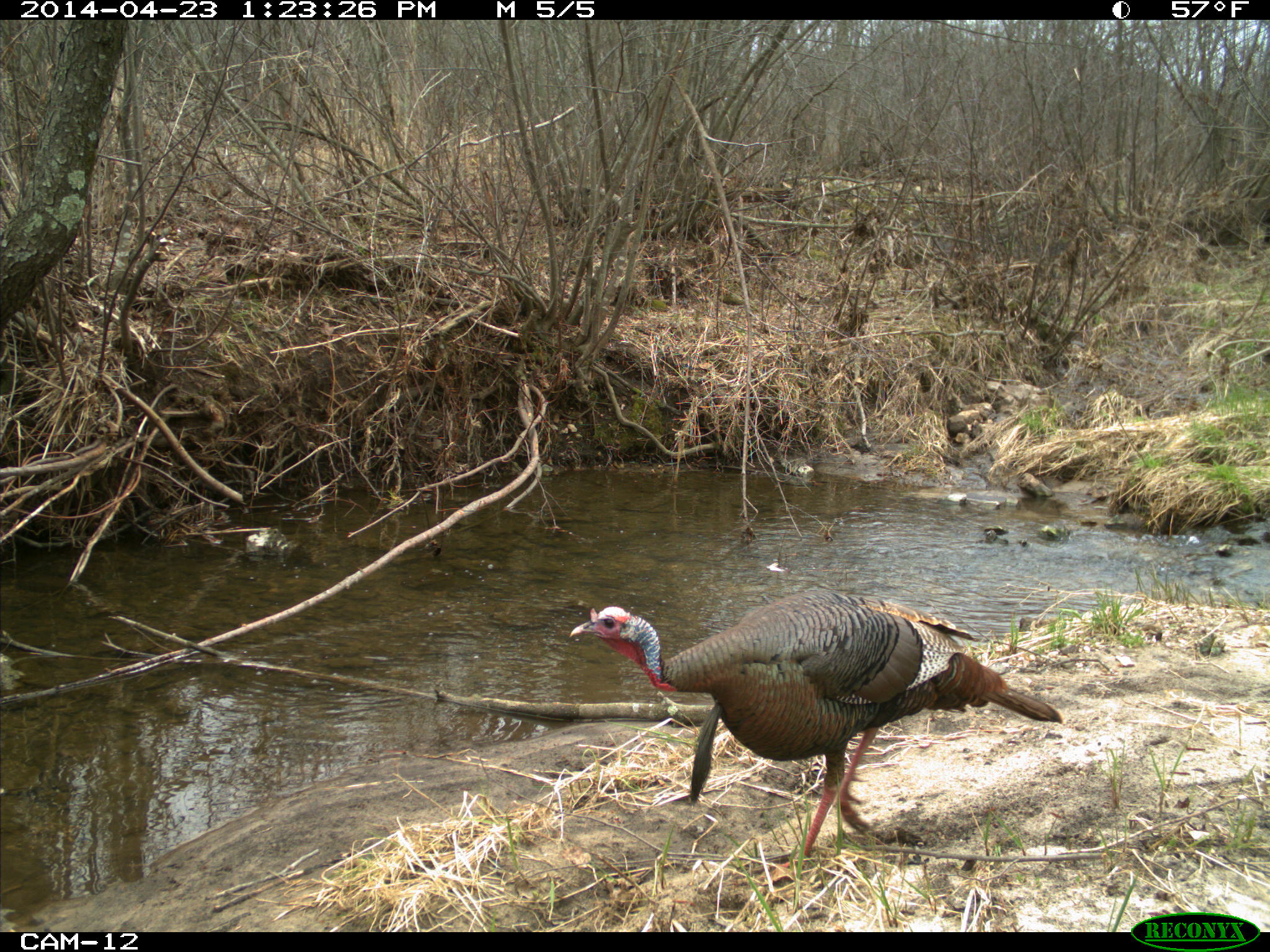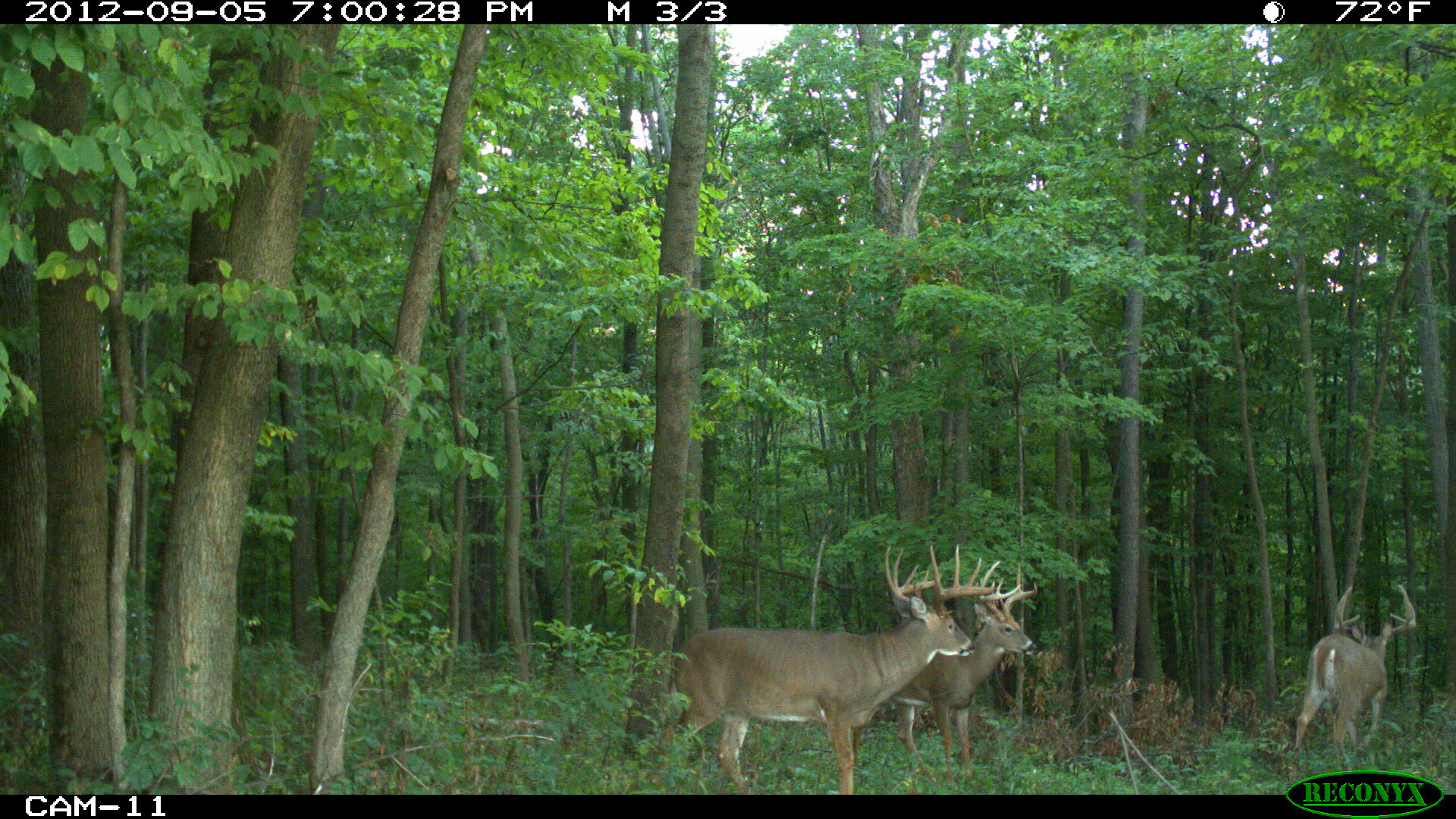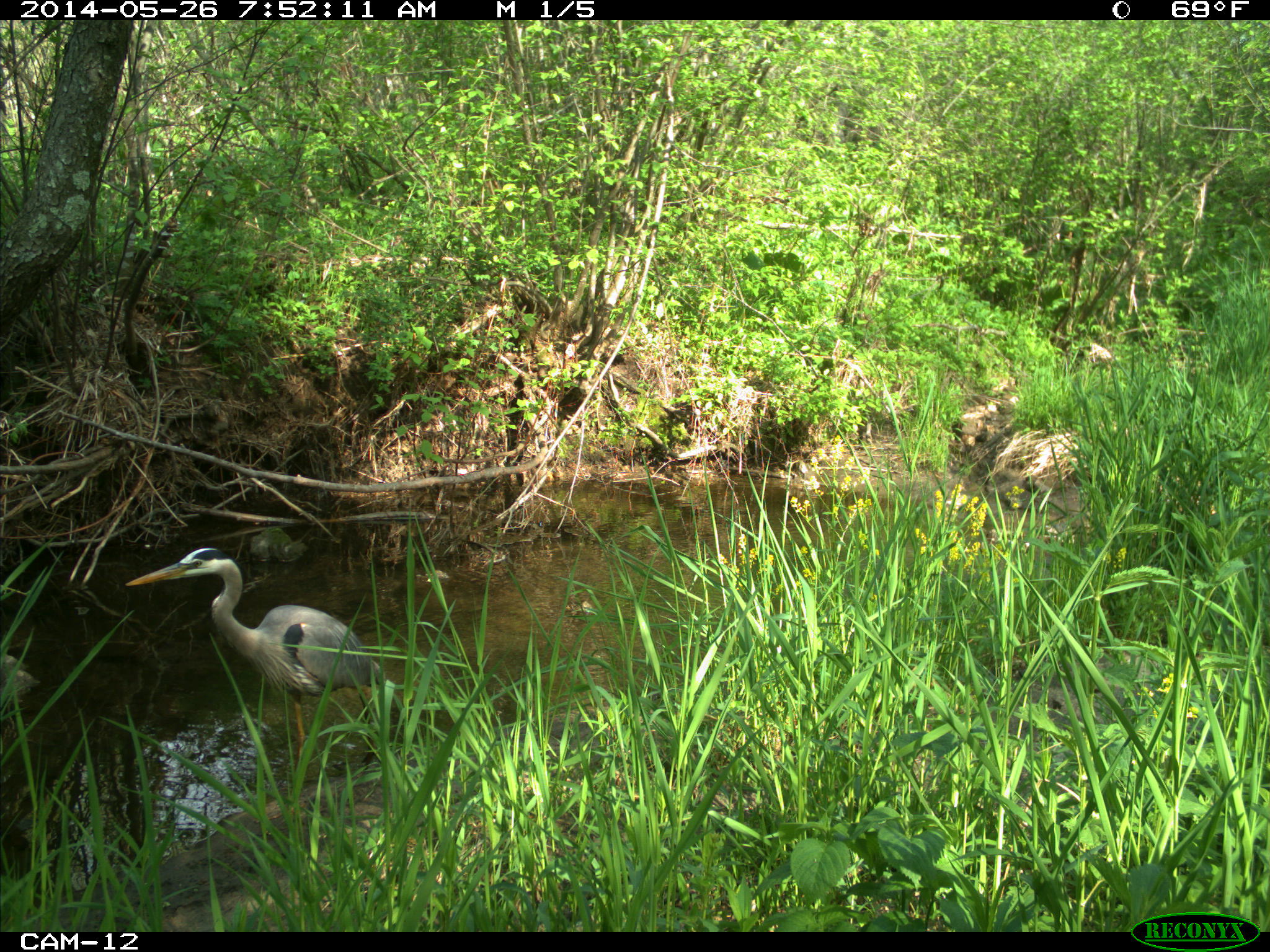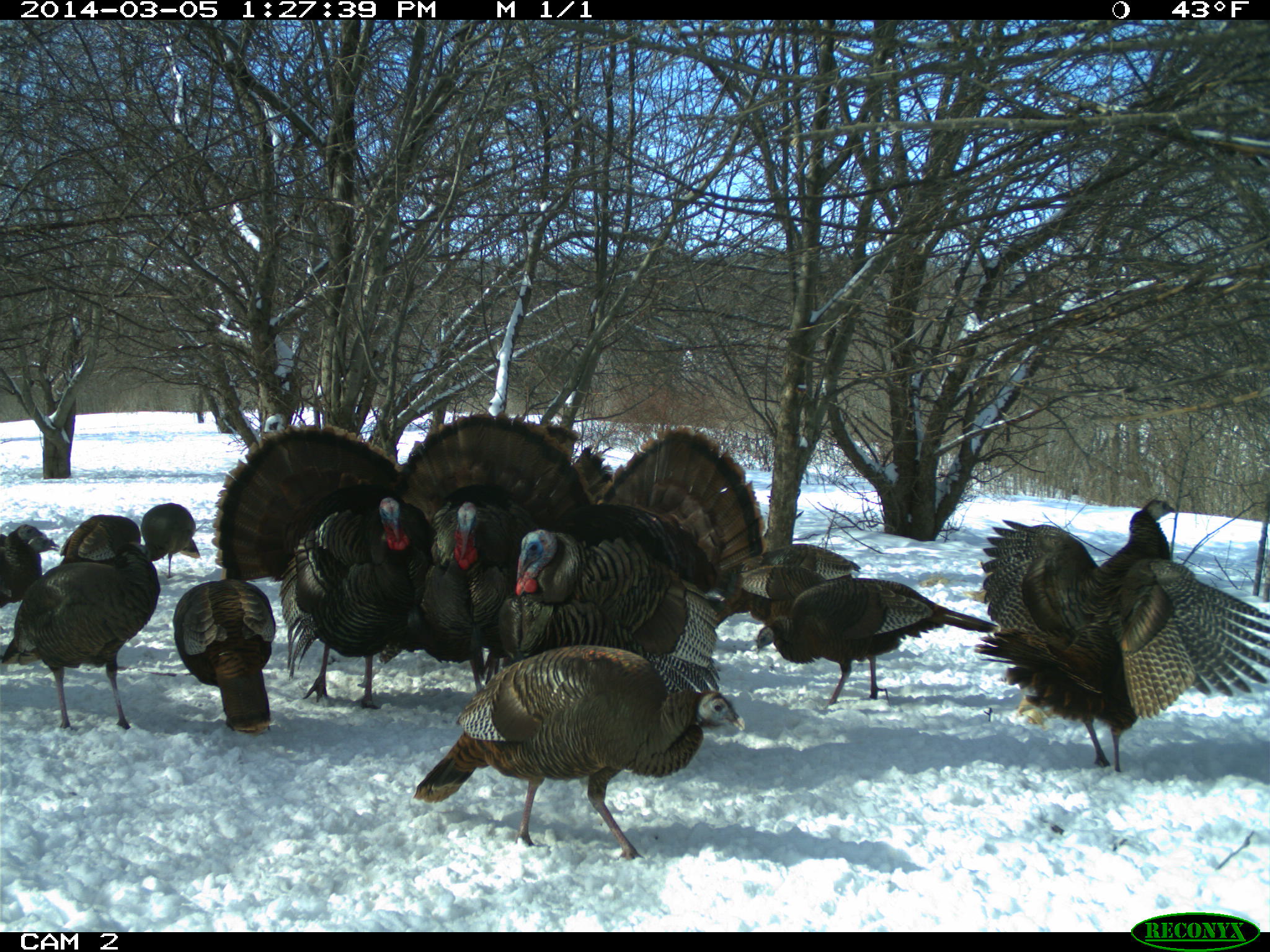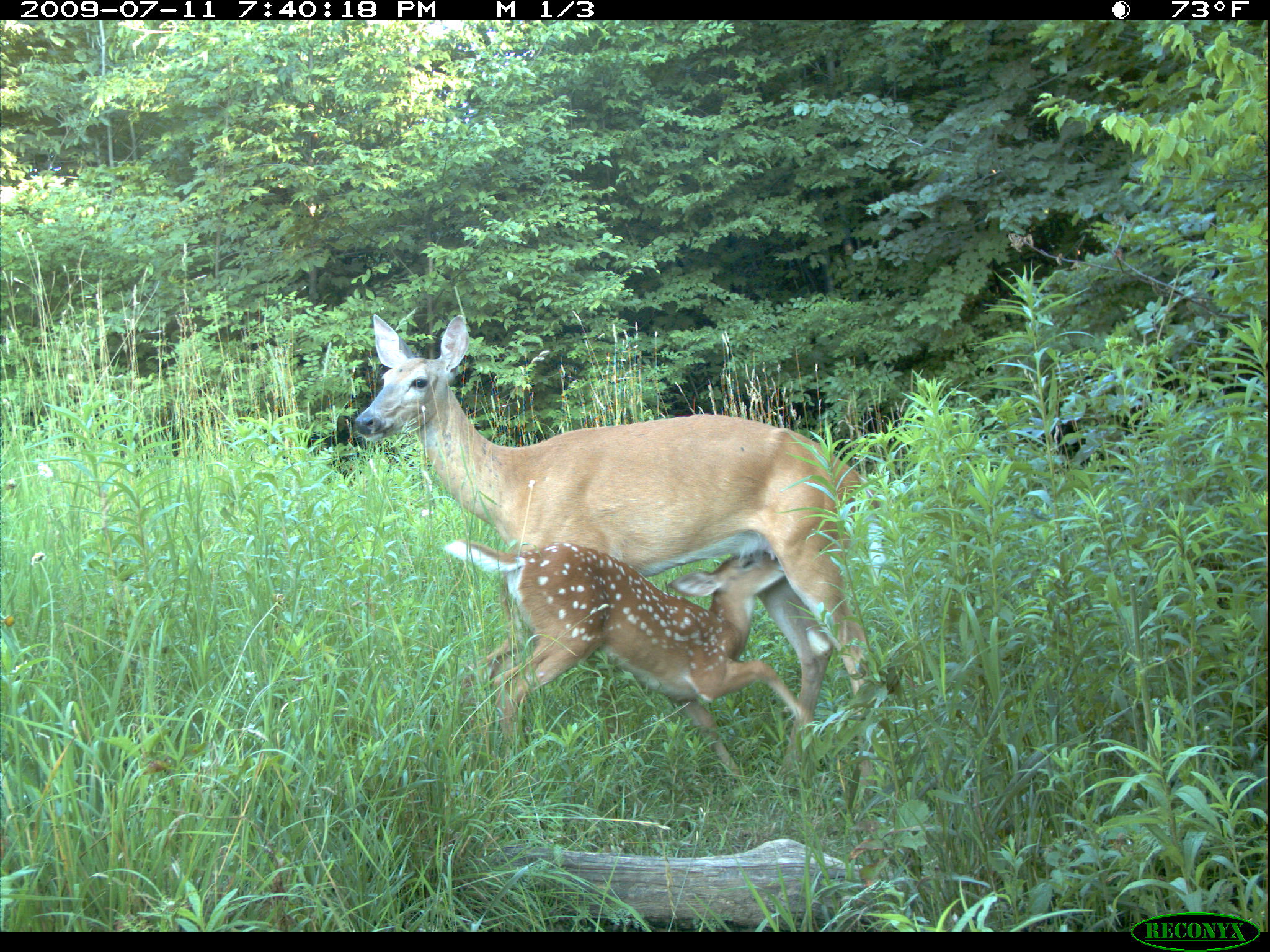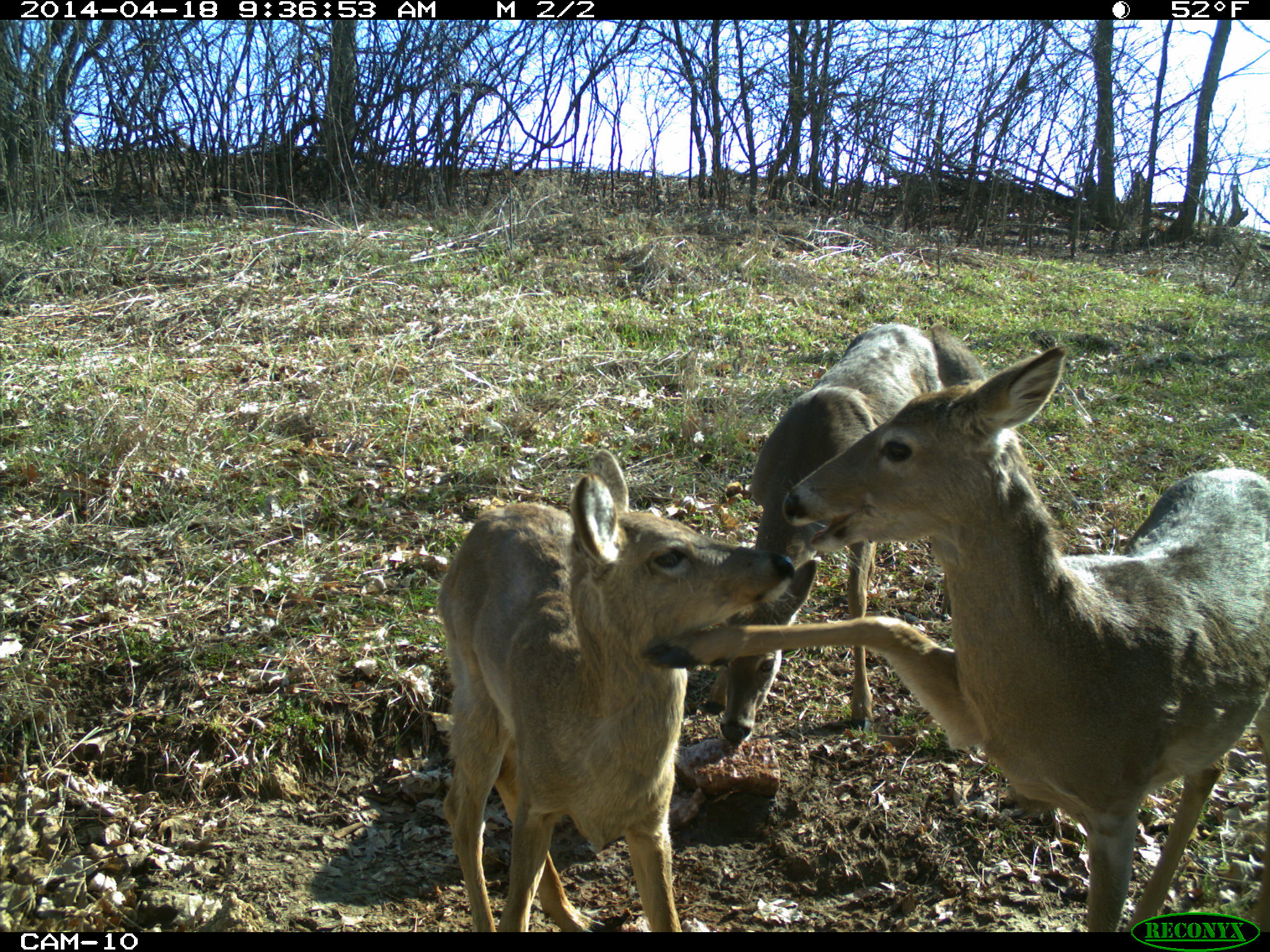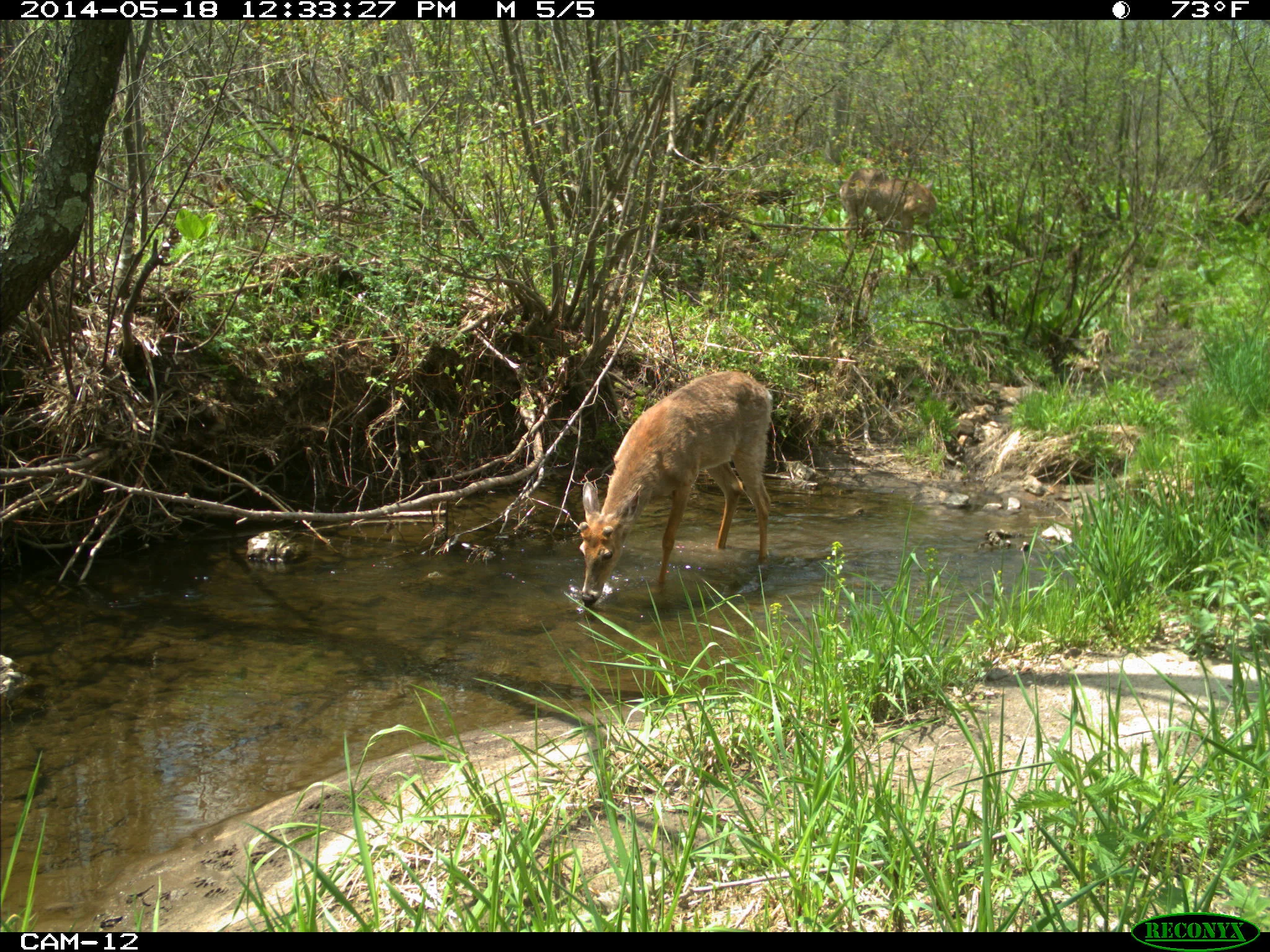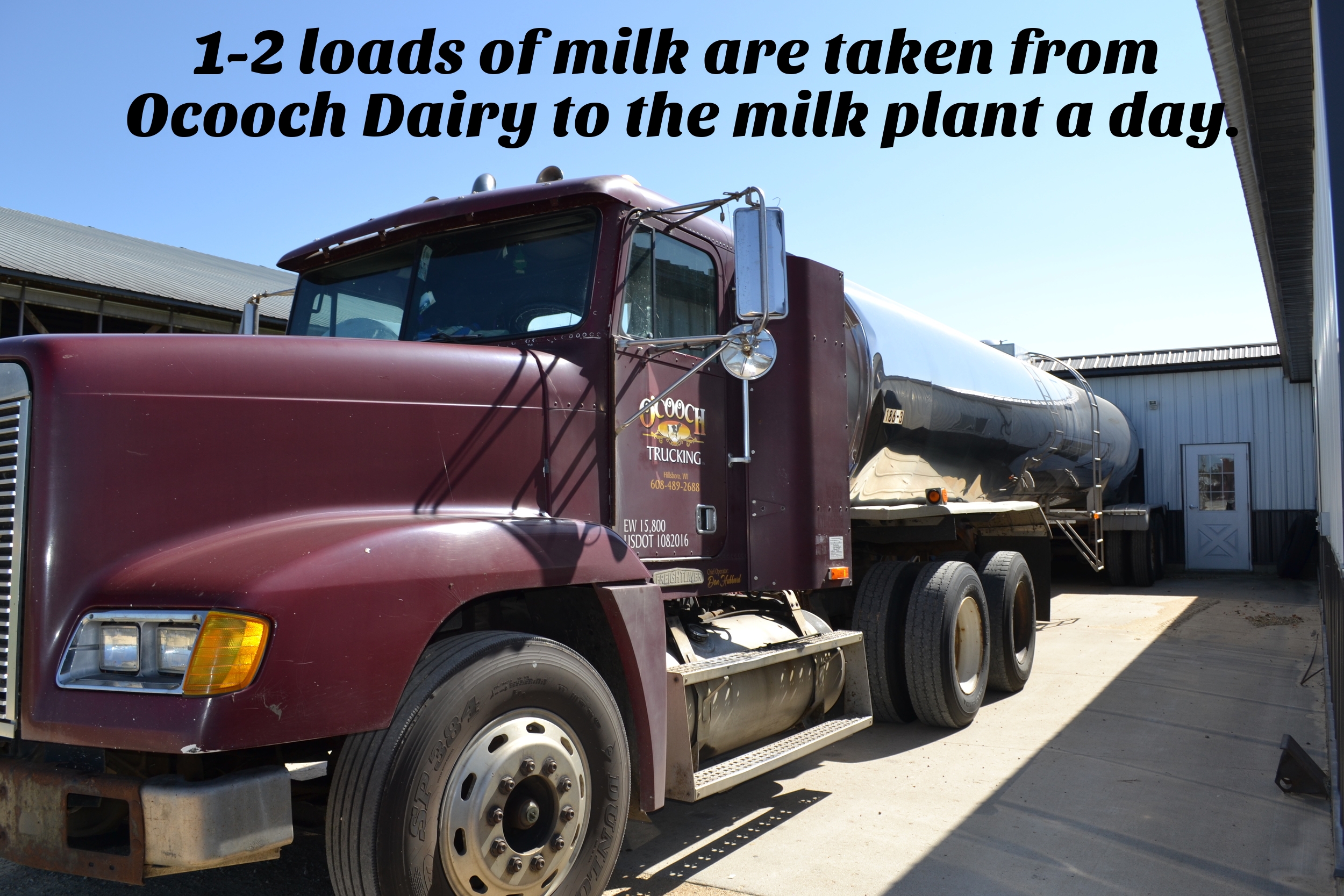At ocooch dairy we recognize the importance and vulnerability of our natural and most precious resources. we have taken and will continue to take steps to conserve energy, water, soil, and wildlife for the present and the future.
energy & Water conservation
Built in 2008, our new milking center, or parlor, has allowed us to utilize modern technology to conserve energy and water. For example, heat from the compressors is recycled to heat the area of the parlor where our milking team works and also to help heat the water. We also started to direct-load milk into the milk truck, saving thousands of gallons of water each year. Instead of using a bulk tank to cool and store the milk before being loaded into the tanker, milk comes out of the cow and cycles through an instant chilling system, taking it from 101 degrees to 37 degrees, and then is immediately loaded into an insulated tanker truck. Well water and propylene glycol are used to cool the milk, then the water is recycled and goes to water the cows and clean in the parlor during milking. The water that is used in the milking center during milking is stored and later used to flush down the holding area.
Soil conservation
“What you see depends on how you view the world. To most people, this is just dirt. To a farmer, it’s potential.”
At Ocooch Dairy all fields have been GPS mapped and soil tests are taken every three years, this helps us determine if the field has the nutrients needed to grow the crops that will feed and sustain our animals for the next year. We also use a no-till cropping system on many fields, which allows the earthworms to multiply. Earthworms are a vital part of healthy soil as they drag applied surface nutrients (manure) to lower levels of the soil. Additionally, the holes in the soil that earthworms create allow rain to drain into the soil very quickly. Another way our farm conserves soil is by practicing contour cropping in hilly areas. Contour farming involves planting crops across, following the natural slope of the hillside, instead of up and down, and alternating corn and alfalfa fields. Contour cropping helps to reduce erosion and keeps valuable topsoil in place on sloping fields. It also slows down water, allowing it to better absorb into the soil.
wildlife preservation
